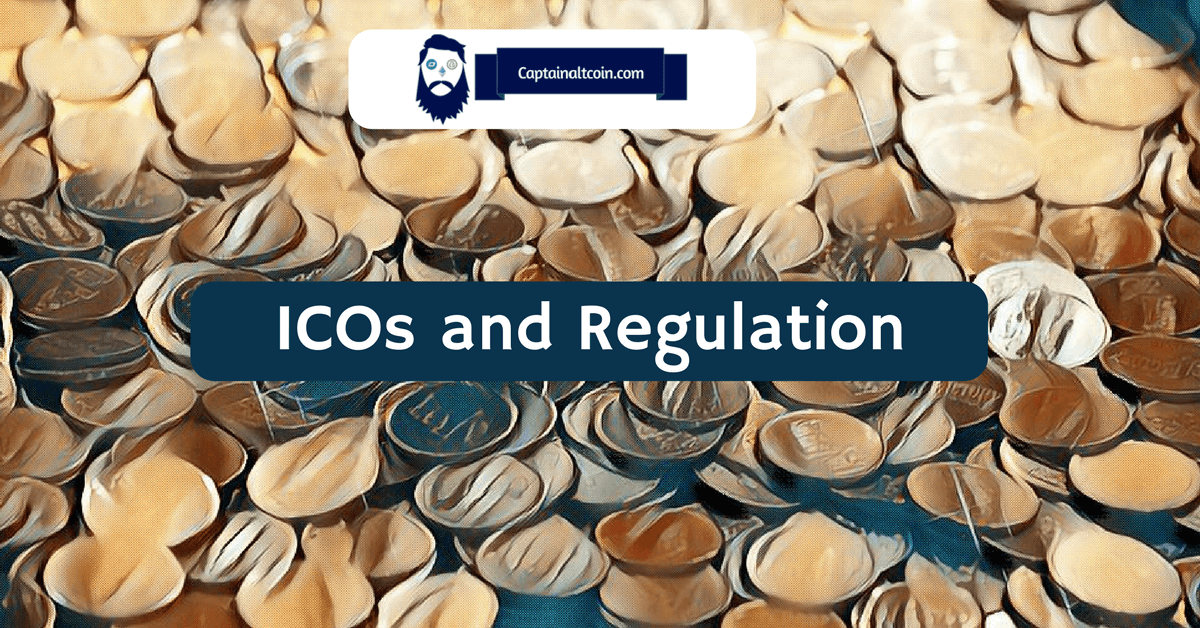
Everyone agrees that regulation will and must come, but it is completely unclear what form it will take. In my opinion, it is essential that regulation should take place in the next, let us say 1-2 years.
What does this mean for the ICO market in the future? I suspect that we will see a slight decline in the number of ICOs and a large decrease in cumulative invested capital.
Once it is clear how exactly regulation will work, more and more capital will be invested. For this reason in this current situation, uncertainty makes it very difficult for up-and-coming projects.
What you'll learn 👉
Type of Token
Most importantly, the project needs to create a pure utility token, because only in this case can you do an ICO the way we are used to. If a project promises a token, in which the investor receives a return through burning, distributions or similar profits, this token would inevitably be a security and the implementation becomes much more difficult.
Nevertheless, many projects promise exactly that and are not aware of the consequences. Therefore, I strongly advise against participation in emerging ICOs that do not want to create a clear utility token.
Especially the exchanges are increasingly taking steps against such tokens. Existing projects are delisted and only explicit utility tokens can be listed.
The legal setup should also be done before the ICO (even before the pre-ICO). If this is not the case, it can be extremely difficult to found a foundation or obtain a bank account, as it is necessary to prove where the money you have collected comes from. I strongly suspect that a complete KYC will also become the standard of future ICOs.
Airdrops
Currently, there is also a strong increase in airdrops, which are completely pointless and offer absolutely no added value. Therefore my own opinion: You can participate in airdrops, but don’t buy tokens afterwards. The whole Airdop market has become absolutely ridiculous. Certainly this only applies to 99% of the projects, but occasionally there can be good airdrops of serious projects (the “reinvention” of mining based on an Ethereum Smart Contract is not one of them).
Basically, it can be said that the time of fast flipping and profits is coming to an end, and you should only invest in long-term projects that pay attention to their legal setup. By the way, Santiment has launched a new interesting project on self-regulation: http://projecttransparency.org
Here is another interesting article by the Swiss KPMG on Switzerland and regulation: https://blog.kpmg.ch/tax-legal-news/thumbs-up-for-icos-in-switzerland/
ICOs and bonuses
At the moment there are projects where you can get up to 70% bonus. But one must always remember: Yes, there is a trend away from normal ICOs to pre deals at the moment. However, it is not the percentage of the bonus that is important, but the relative bonus. For example, an ICO has three bonus levels, 20%, 10% and 0%. Only the first two levels are filled, no one invests 0% bonus. This means that the zero level is effectively at the 10% bonus level and those who have invested in 20% of the bonus have only an effective bonus of 10%. This effect must be taken into account with ICOs.
Current investment strategies
Currently, I think there are 3 investment strategies that can be combined with each other:
- Invest in Bitcoin and Ethereum in the long term. You can also earn more money if the price falls after an event that shouldn’t have any influence on the price. This was the case, for example, after China banned ICOs.
- Invest in long-term ICO projects for the highest possible effective bonus. The projects must meet the above-mentioned criteria.
- After the exchange lists one of the high quality ICOs, hope for a drop in price and then buy.






